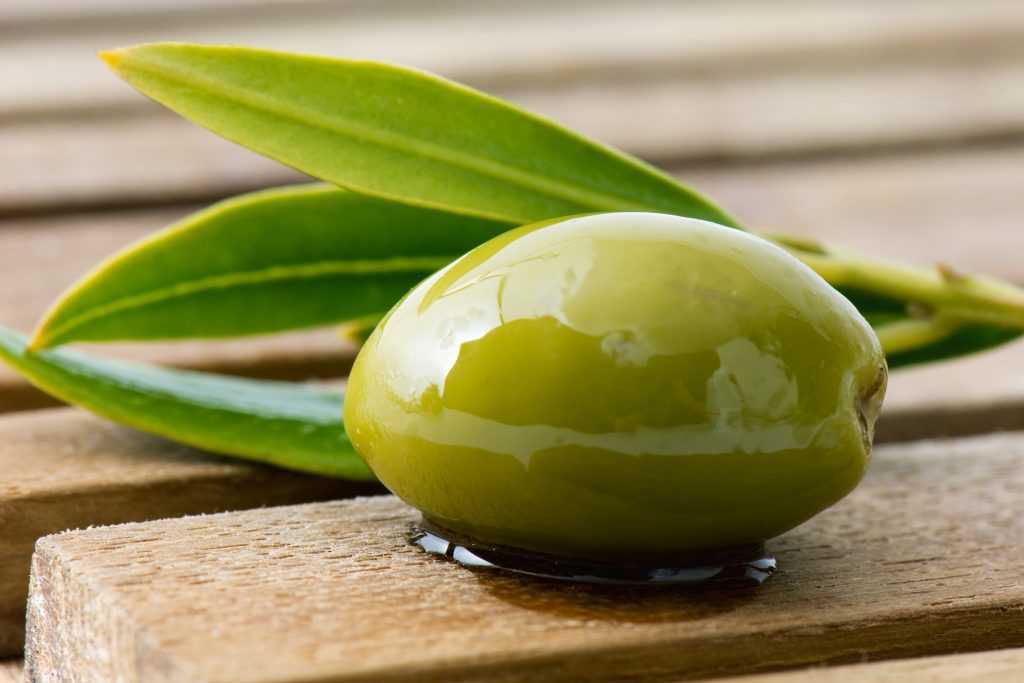São Paulo – Although Brazil eased down on olive imports year-to-date through April, sales from Egypt went up. As per information compile by the Arab Brazilian Chamber of Commerce based on Brazilian Ministry of Economy numbers, olive oil sales from Egypt to Brazil amounted to USD 6.7 million, up 210% year-over-year.
Brazilian Olive Oil Producers, Importers and Suppliers Association (Oliva) president Rita Bassi imputes the hike in sales from Egypt to the economic crisis in Argentina, the biggest supplier of olives to Brazil. Sales from Argentina were down 27%, to USD 12.5 million.
Olives from Egypt became more competitive since September 2017, which saw the country enter into a free trade agreement with Mercosur. Prior to that, the import fee on Egyptian olives was 14%. The fee went down 25% when the agreement became effective, 50% a year after that, and 75% towards the end of last year. The fee will be made void next September.
Year-to-date through April, Egypt was the third biggest supplier of olives to Brazil, trailing Argentina and Peru. Spain ranked fourth and Portugal ranked fifth. Olive exports to Brazil came out to USD 7.2 million from Peru, USD 3.6 million from Spain and USD 551,000 from Portugal. Sales were down 6.8% from Peru, 6.98% from Spain and up 43.8% from Portugal.
Olive imports to Brazil came out to USD 30 million year-to-date through April, down 3.3% from a year ago. According to Rita Bassi, olive supplies to Brazil are mostly table variety imported product. “Olives are widespread in food services, restaurants and bars. It’s an appetizer,” she says. Most of the olive is sold in bulk across Brazil. While some olive brands are available in supermarkets, much of it is sold off per kilogram off the counter.
Rita Bassi believes one of the reasons for the drop in olive imports is the hike of the US dollar relative to the real, caused by the Covid-19 pandemic and made worse by domestic problems. The dollar, which was selling for BRL 4 as 2020 began, had gone past BRL 5 by late March, making it more costly to import and making exports more competitive.
Egypt
Ever since the Mercosur-Egypt agreement got signed, the public and private sectors in Egypt are working to promote their products in Brazil. Many of these promotional actions were done in partnership with the Arab Chamber, the Embassy of Egypt in Brazil and Egypt’s Commercial Office in São Paulo. Olives were one of the Egyptian products featured in promotion, including seminars where markets were discussed and the participation of Egyptian brands in food industry shows across Brazil, such as the Apas Show.
Translated by Gabriel Pomerancblum




